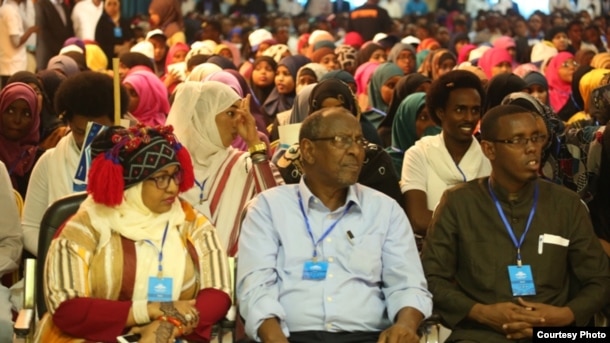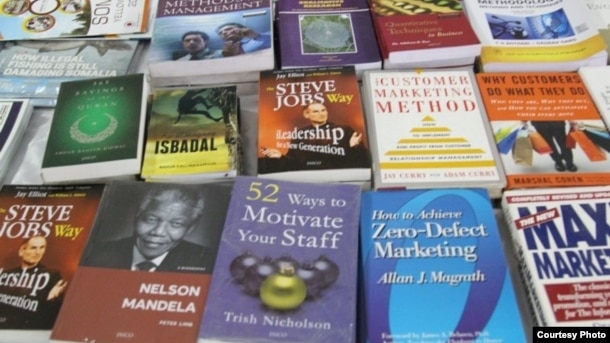Hassan Ahmed Issa fled his home in Somalia for Germany. The qualifications he had obtained in Syria were not sufficient in Germany. Thanks to an EU-assisted project to supplement vocational qualifications obtained in another country, he can today work again as an optician in Germany
Project supplements vocational qualifications obtained in another country – today Hassan Ahmed Issa works as an optician in GermanyPhoto: pressto gmbh/Rotermund
Even in Somalia, his home country, Hassan Ahmed Issa was certain that he wanted to train as an optician when he left school. He trained in Syria, because Somalia did not offer training for opticians. In 2010 he fled the civil war in Somalia and came to Germany. Today he lives in Kassel, where he undertook a seven-month internship with the optician “Siehste – Brillen und Linsen” to supplement the qualifications he had obtained in Syria.
It all began at Kassel’s Chamber of Crafts and Trades, where he wanted to have his qualifications recognised as equivalent to the German journeyman qualification. Since the two-year training he had undertaken in Syria was theoretical rather than practical he was required to undertake an internship and to attend the local vocational school.
ESF supplemental vocational training
The internship offered to Hassan Ahmed Issa was an integral part of an EU-assisted project to supplement vocational training qualifications obtained in other countries. People whose vocational qualifications are only partially recognised in Germany can undertake additional training under this scheme, until their professional qualifications are fully recognised. All participants receive individual support specially tailored to their needs, along with German language classes, if necessary.
The European Social Fund (ESF) is Europe’s most important employment instrument. It helps people gain access to better jobs and assures decent employment prospects By 2020 Germany is to receive a total of 7.49 billion euros from the ESF. One third of the funding is managed by the federal government and two thirds by the individual federal states. The precondition for ESF assistance is that the federal or state government shoulder a share of the costs; the percentage can vary depending on the project and the objectives.
Success through vocational qualifications
The ESF is Europe’s most important employment promotion instrumentPhoto: pressto gmbh/Rotermund
With only his Syrian qualifications, Hassan Ahmed Issa’s applications had always been rejected by German opticians. Via the training centre in Kassel, he found out about the supplemental training option. He took a test at the local vocational school and undertook a seven-month internship.
Throughout this training period, he had the support of the project, which cooperates closely with the private companies, the agencies involved including the Chamber of Crafts and Trade and the Chamber of Commerce and Industry, and with suitable training providers.
Optician Olaf Rotermund is very happy with his intern from Somalia. He stresses that both sides have benefitted from the EU-assisted project. Today, Hassan Ahmed Issa works in his company as an optician. The initial contact led to an invitation to attend an interview, then the internship, and finally an unlimited contract of employment.
Without the personal and professional engagement of the entire team of the optician throughout the training of their new colleague, however, the success story would not have been possible.





























